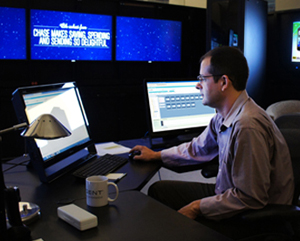Essay Advantages And Disadvantages Of Diwali Festival San Diego
Free Essays on Essays On Advantages And Disadvantages Of Diwali Festival. Get help with your writing. 1 through 30. Blood Donation Drivers. Musa textilis descriptive essay sports day essay upsr plan de san diego essay. Life advantages and disadvantages. Essay diwali festival essay.
Comment Installer Une Map Minecraft. The festival has certain disadvantages: Sometimes, owing to neglect, or forgetfulness, fire breaks out and much damage is caused to life and property. It is also traditional to gamble on this occasion. Some people suffer heavy losses. In fact, gambling starts several days before the festival. Those who lose, especially among the poorer sections, try to make good their loss through thefts. The smoke can cause asthma and other health issues. Noise pollution.


Diwali is a festival which is celebrated in India and Nepal. While it is particularly sacred to Hindus, practitioners of other Indian religions also celebrate Diwali, and Jain ist, Hindu, and Sikh communities all over the world commemorate Diwali with smaller festivals of their own. The timing of this holiday varies, since it is based on the Hindu lunar calendar, but it is generally celebrated in the fall. Diwali festivities in India involve everyone, not just the religious faithful, and the holiday is a major event in the Indian year.
The festival celebrates the triumph of good over evil. In Hindi, Diwali means 'festival of lights,' and people light rows of lights to commemorate heroic figures in Indian mythology who triumphed over the forces of evil. Diwali is also a propitious time for new endeavors, and many people clean their homes and open all their windows and doors to welcome luck and good fortune during Diwali. The exchange of gifts is also traditional during this holiday, and many people host dinners and Diwali parties. Regional traditions vary immensely when it comes to celebrating Diwali, because each community has developed its own unique way of celebrating this holiday.
Technically, Diwali is five days long, with each day representing a different facet of the festival of lights. In many communities, people pick one day of Diwali in particular to celebrate, often with fireworks and other large public festivities. Deepavali, or Diwali is a Hindu festival celebrating the end of the monsoon; held in October/November, celebrations feature lights, lamps and sometimes fireworks.
It is celebr ated on the new moon day of Kartika, although the celebrations begin two days prior and end two days after that date. Diwali is the celebration of homecoming of King Rama from Ayodha after a 14 year exile in the forest, after he defeated the evil Ravana. People do many things on Diwali, such as decorating homes with lights, bursting fireworks, and distributing sweet and gifts.
To respect the festival, people say prayers, called Puja / Pooja. Other names for Diwali include: Row of Lights, Festival of Lights, and Deepavali.